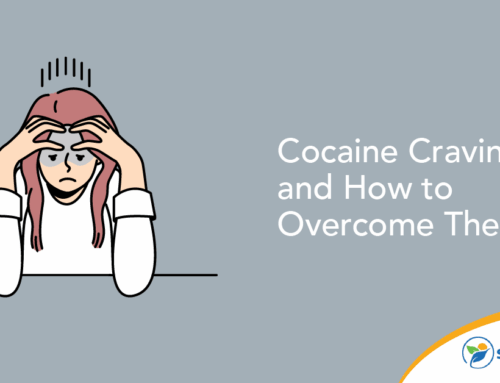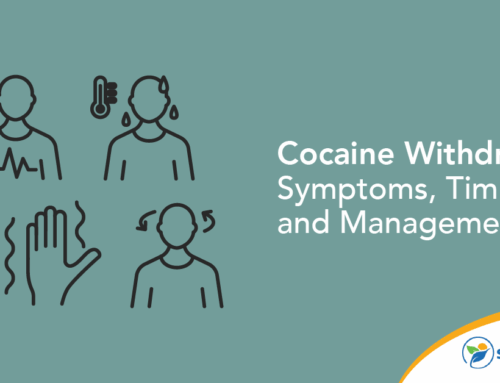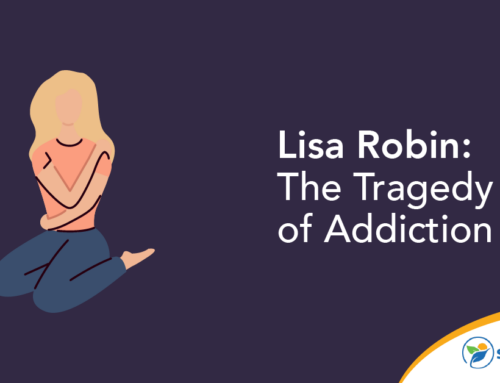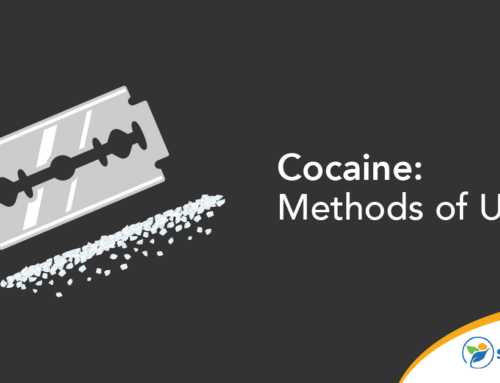SSRIs, otherwise known as antidepressants, are frequently prescribed to people who suffer from depression, anxiety, mania and phobias, which can be caused by low serotonin levels. They’re also used to help with digestive disorders, such as irritable bowel syndrome.
SSRIs work by increasing the body’s serotonin, a “happy” chemical responsible for regulating moods. If you feel depressed, a health care practitioner may prescribe a low dose of anxiety meds.
Can you overdose on anxiety meds? You can overdose on certain types of antidepressants, but it’s extremely rare to have a fatal overdose. Fatal overdoses are usually caused by the interaction of other medication with antidepressants, especially when taking tricyclic antidepressants. Usually, people who overdose on SSRIs experience mild toxicity in the body, with symptoms ranging from tremors to nausea.
Keep reading to find out how SSRIs work, their role in combating depression and how to avoid an antidepressant overdose.
What Are SSRIs?
Selective serotonin reuptake inhibitors, or SSRIs, are a well-known form of pill medication used to treat depressive disorders. Because various types and doses are available, you’ll need an evaluation to determine the right combination.
Typically, a therapist will start you off on a low dose of 20 milligrams to give your body time to adjust. Depending on the severity of your condition, an initial course of 6 months of medication is usually followed. It can take up to 4 weeks for SSRIs to take effect.
Four commonly prescribed SSRIs are:
- Prozac: A well-known, FDA-approved medication for children and adults.
- Zoloft: This is a frequently prescribed anxiety medication, but it also has the most side effects.
- Lexapro: This SSRI is commonly prescribed for teens and children.
- Cipralex: People who suffer from major depressive disorders are often prescribed Cipralex.
How Do SSRIs Work?
Serotonin is a neurotransmitter chemical that delivers messages from the brain to cells and is responsible for regulating sleep, mood and emotions. SSRIs give the body a boost of serotonin by blocking the body’s reuptake of the chemical, keeping it active in the brain.
Mental health disorders are complex, and there’s no one-size-fits-all treatment, but an SSRI to increase serotonin levels can help improve symptoms. Reports published in the National Library of Medicine state that 95% of serotonin is produced in the gut. This would explain why many sufferers of digestive disorders have low serotonin levels and why SSRIs improve these symptoms.
Can You Overdose on Anxiety Meds?
An overdose of any type of medication is usually caused by a bad reaction to the drug. Psychiatrists will always prescribe low-dosage SSRIs initially to see how the body reacts.
So, can you OD on antidepressants? Yes, if you take anxiety pills in excess and mix them with alcohol or drugs, it may lead to overdose. The substances will flood your system, leaving your body unable to metabolize the toxins. While there aren’t many reports of SSRI overdoses, it can happen. The average daily dose of an SSRI is between 20 and 80 mg. If you go over the daily average and your body isn’t used to the influx, you’re at risk of overdosing.
What Are the Symptoms of an SSRI Overdose?
Symptoms of an overdose or toxicity vary according to the quantity of drug ingested and whether it’s been mixed with other substances. Most SSRIs overdoses are from serotonin toxicity, which means the brain has too much serotonin. A flood of serotonin might cause neuromuscular, physical and mental health symptoms.
These are a few signs of mild toxicity:
- Blurred vision
- Feeling faint or dizzy
- Confusion, lethargy and drowsiness
- Persistent headache
- Weakness, shaking and tremors
- Insomnia
- Loss of appetite, feeling nauseous and diarrhea
- Sweating
- Dulled emotions and feeling blank
More severe signs include cardiac arrest, trouble breathing, hallucinations, seizures and coma.
What Should You Do in Case of an SSRI Overdose?
An overdose is a medical emergency and requires urgent hospitalization. When you or your loved one is admitted to care, immediately get hold of the psychiatrist. Doctors will need to know the exact dose and type of medication taken. They’ll also need to know if the drugs are mixed with any other substances.
If you or a loved one is experiencing long-term side effects, it may be because you’re taking the incorrect dosage. Long-term abuse of SSRIs can lead to kidney and liver disease. Regular check-ins with your therapist can help you find the right balance of meds over time.
How to Prevent an SSRI Overdose
To avoid an overdose, stick to your prescription. Your therapist will always start off with a low dose and monitor your health during the first few weeks while your body adjusts. Be sure to let them know of any side effects and whether the medicine seems to be helping with your symptoms.
Stick to the general guidelines of avoiding alcohol until your body is used to SSRIs. Recreational drugs should be avoided at all costs, and other prescription meds should be cleared by your health care provider. The majority of antidepressants are safe — more than 1 in 10 people in the United States take antidepressants, making the use of anxiety meds quite widespread.
The FDA has clear guidelines outlined with each type of medication. All SSRIs come with a black box warning that draws attention to the more serious risks associated with these drugs. Being aware of the possible side effects can help you know what to watch for and what needs to be reported to your doctor.
The Right Anxiety Meds Can Change Your Life
If you’re struggling with depression or anxiety, getting the right medication can change your life. An evaluation with a psychiatrist to determine the best SSRI can help stabilize your moods.
If you’re on medication and have concerns about overdosing, contact the team at Sunlight Recovery. They’re available 24/7 to assist. Specialists in the field of mental health can help you find the correct medication and start taking steps to a more positive life.







